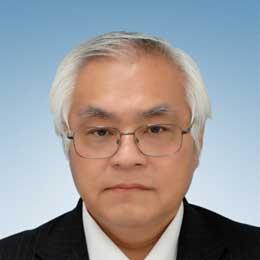- Home
-
Faculty
Faculty
7
Japanese History
- 1
Name/Position
Department/Specialty/Research Interest
-
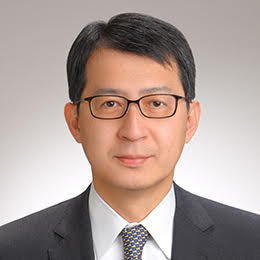 ASAMI, MasakazuProfessorm.asami@flet.keio.ac.jp
ASAMI, MasakazuProfessorm.asami@flet.keio.ac.jpJapanese History
History of Japan's Christian Century, Chinese Rites ControversyI research the history of the Christian era in Japan that begins in the middle of 16th century and ends the middle of the 17th century. To research the theme, I treat the letters and reports that the European Catholic missionaries, including the Jesuits and the Franciscans, wrote to their own head offices in Europe. I am interested in the ethical issues of the era concerning worships of God of the Christianity in East Asia, and I am comparing the ethical issues of Japan with those of China.
-
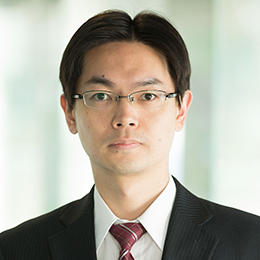 UENO, DaisukeAssociate Professord.ueno@keio.jp
UENO, DaisukeAssociate Professord.ueno@keio.jpJapanese History
Early Modern Japanese HistoryEarly modern society is, so to speak, the traditional society as a premise of our modern society. I study this period by focusing on Buddhism and call this theme “religious and social history.“
I started by investigating the relationship of local people and the Buddhist ideas of salvation. In recent years, I have considered the relationship of Buddhist confessions and lords in the shogunate system (i.e., the relationship of church and state in early modern Japan). I also have an interest in the orders of Shinto deities and Buddhas. -
Japanese History
Socio-Economic History in Early Modern and Modern JapanI research the development of regional economies in Japan from the early modern period to the early years of the modern period. By investigating ancient documents that show the economic activities of merchants and farmers, I examine how the state of society was during the periods. The purpose is to elucidate the structure of the regional market zone from the actual situation of money lending and commodity trading. I am currently considering the continuity and changes of the structure from the early modern period to the early years of the modern period ,in particular, clarifying what kind of economic activities the merchants and wealthy farmers who grew up in the late early modern period carried out and what kind of position they held in the local community in the early years of modern period.
-
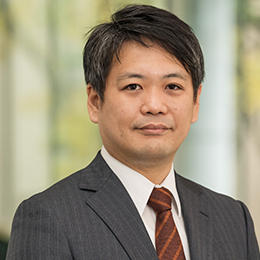 SOGAWA, YoichiAssociate Professorysogawa@keio.jp
SOGAWA, YoichiAssociate Professorysogawa@keio.jpJapanese History
Ancient Japanese historyMainly on the Ritsuryo Code system, I am interested in relations with the state and the society of Nara and Heian era. Especially main subject of this study is to compare the system of city building and government officials with Chinese Ritsuryo, which is the mother law of the Japanese Ritsuryo. And clarify the process that Ritsuryo rule took root in Japan.
-
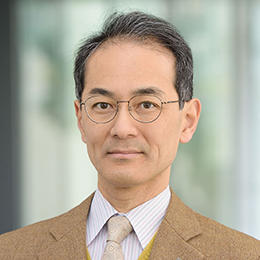 NAKAJIMA, KeiichiProfessordrk1nakajima@keio.jp
NAKAJIMA, KeiichiProfessordrk1nakajima@keio.jpJapanese History
Japanese History in the Middle AgesMy research, based on documents and archaeological sources, focuses on medieval economy that include money, usury, trade, and manufacturing techniques, among others.
-
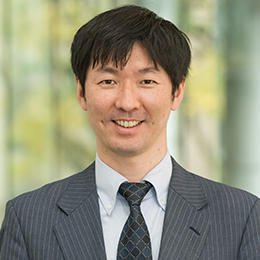 FUJIMOTO, MakotoAssociate Professorfujimoto@flet.keio.ac.jp
FUJIMOTO, MakotoAssociate Professorfujimoto@flet.keio.ac.jpJapanese History
Ancient Japanese HistoryI am researching why Buddhism in Japan, which was nationally accepted from the continent and peninsula in the mid-6th century, was subsequently accepted by ancient society and believed in by the people, in terms of Buddhist thought and the relationship between the state and society. In addition, I am also examining the formation of Buddhist collections of discourses in ancient Japan from the perspective of the reception of books and comparing them with the ideas and expressions found in Chinese Buddhist texts.
-
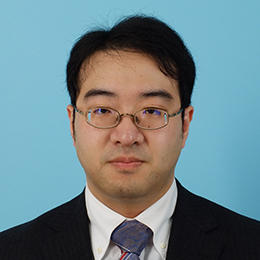 MAEDA, KiyotakaAssociate Professork-maeda@keio.jp
MAEDA, KiyotakaAssociate Professork-maeda@keio.jpJapanese History
Cliometrics, Modern Japanese Economic and Business History, Economic History of the Japanese ColoniesThe market, which is based on various institutions and systems such as exchanges and legal regulations, forms prices and allocates goods and services. This study conducts a qualitative examination of historical materials pertaining to fundamental institutions and systems. Additionally, it employs quantitative analysis on high-frequency trade data to capture historical changes in the function and operating conditions of the market in the Japanese Empire during the modern period. By dynamically investigating the role of the market from a historical perspective, this study aims to acquire knowledge that can enhance our understanding of market function and contribute to its improvement.

